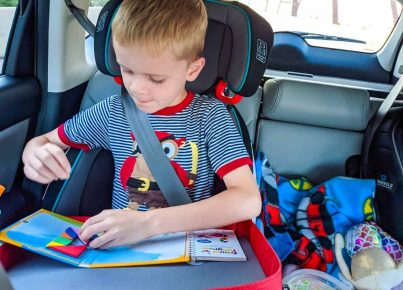As an educator and a mother, I’ve experienced firsthand the dilemma of whether or not a child should repeat kindergarten. It’s a decision that requires a thoughtful balance of academic, social, emotional, and developmental considerations.
From an academic standpoint, some children may struggle with basic literacy and numeracy skills essential for success in first grade and beyond. If your child is having difficulty recognizing letters, understanding phonics, or grasping beginning math concepts despite interventions, a repeat year might provide them with the extra time they need to master these fundamental skills without the pressure to keep up with peers.
Socially and emotionally, kindergarten is often where children learn to navigate friendships, understand classroom rules, and develop a sense of independence. If your child seems overwhelmed by these aspects or is significantly younger than their classmates (perhaps due to a late birthday), an additional year can offer them a chance to mature at their own pace.
Developmentally, every child grows at a different rate. Some children are simply not ready for the structure and demands of first grade—whether it be sitting still for longer periods or managing more complex tasks. An extra year in kindergarten can give them time to develop the fine motor skills and attention span required for future academic success.
That being said, it is important to know that repeating a grade also comes with potential downsides. There’s the risk of stigmatization from peers or negative self-perceptions that some children might develop if they see themselves as ‘left behind.’ Moreover, research on academic retention presents mixed outcomes; some studies suggest long-term improvement while others point out negligible or even negative effects.
Before deciding if your child should repeat kindergarten, consider consulting with teachers, school psychologists, and other educational professionals who understand your child’s needs. They can provide valuable insights into your child’s readiness for first grade based on their observations over the school year. Additionally, think about how your child has grown throughout the year—not just academically but also emotionally and socially—and discuss openly about any concerns with your child in an age-appropriate manner.
Ultimately, this decision is deeply personal and must be tailored to your child’s unique situation. If you opt for repeating kindergarten, ensure it’s presented in a positive light—as an opportunity for growth rather than as a setback. And if you choose to move forward with first grade despite some hesitation, be proactive in seeking out resources such as tutoring or counseling to support your child’s transition. Trust yourself—you know your child best—and remember whatever path you choose should be done with your child’s long-term well-being in mind.





